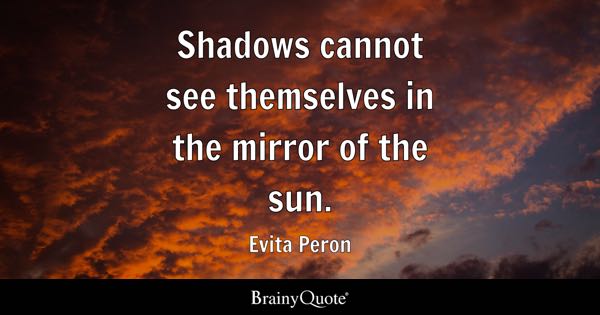
Matthew 7:3-5; “Why do you look at the speck of sawdust in your brother’s eye pay attention to the plank in your eye?
4;” How can you say to you brother, let me take the speck of your eye,’ when all the time there is a plank in your eyes?
5; “You hypocrite, first take the plank out of your eye, and then you will see clearly to remove the speck from your brother’s eye.
*An individual appears to be the best person himself, or herself. Our way of doing things, manner of approach, always look like the best us. We know can only see our true pictures, through people with a sincere judgement.*
We human beings are mirrors to one another. Human beings are mirrors that view one another’s characters.
Some are concave mirrors, while some are convex mirrors.
Concave mirrors among human beings, are the people that can mirror your real image because they are closer to you. Their judgement are justified and can be trusted.
Convex mirrors among human beings, are the people that are far from you, they are never willing to be closer to you, as to that, they mirror you wrongly.
* There are fault pickers too among human beings. They create problems they are not ready to solve for others. Some Perfectionist and critics are fond of doing this, most especially to criticise other people’s ideas. Their priority in the learning room is to always pick others fault, and relegate their ideas.
” A Concentration on others weaknesses is a distraction from learning from them.
Fault trackers are rigid learners. They teach other people, but they don’t learn from other people.
“Learning is a posture of humility” (Faith Oluwatobi). There are people around us that carry the materials we need. And all we need to get those materials from is to be submissive and patience. By so doing, we all keep advancing in every facet of life.
*“No teacher is interested in knowing who thought the student to understand, all that matter to a teacher is for the student to pass the examination.**
It should not be difficult for individuals, to learn from each other. Because no one would ever sit us down to know who thought us.
“I am proud to say it anywhere that; “my immediate younger brother thought me how to use tenses. I run to him to teach me things that I don’t understand about the English language. Has that reduced me?
However, when one is too attached to another person’s mistake, such a person would be intellectually stagnant. And no intellectually stagnant man can progress intellectually.
Pride is one of the reasons why some people pay more attention to other’s weaknesses.*
*“Rigidity shortens one’s ration from tapping knowledge, and wisdom from others”.*
Ignorant people are fond of this act, and it automatically subjects them to a life without a remarkable upgrade.
Intelligent people neither capitalize on other’s weaknesses nor use other’s weaknesses as measures of describing their kind of persons. Reason being that, they are aware and have accepted the fact that no one is perfect.
They are awareness that human beings are imperfect beings, and that has helped their sense of judgement not to be sentimental.
They understand more about life and how life functions.
Each time I meet someone that capitalizes on other’s weaknesses, a question pops up in my mind, saying, “Is he or she perfect?”
*The selfishness of we human beings is what makes it difficult for us to always manage one another’s imperfections.*
*Individuals should accept the fact that they are not perfect, and the acceptance of this belief should reflect in their daily disposition by so doing, we would be cautioned not to hold on to other’s flaws.*
An adage says, “Charity begins at home”.
_In respect to this, if I, as a person, has gotten it registered in my brain, that I am not perfect, dealing with others would not be complex._
A quote of an anonymous writer says, “Before you throw that judgmental stone at another, remember the things you do in secret, nobody knows.”
I will rephrase it so it could be apt for this context.
*Before you throw a judgemental stone at others, check yourself well, if you are not guilty of that which you are judging others.*
Lastly, if we all keep holding to one another’s flaws and mistakes, then who will be good? Automatically, everyone will be bad.
*To enjoy your stay in your mini world, consider people more of their good deeds, rather than holding on to their bad deeds. It pays and fetches the mind peaceuld be aware that; we are all learners, and no one is knowledge lord. We should cultivate a polite manner of correcting other people in love